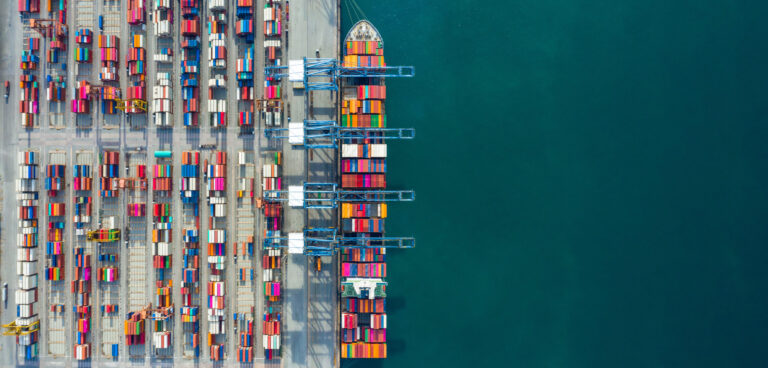Approximately 25% of Electrolux’s total sea freight will now be transported using vessels operating on biofuel based on waste oils and LNG following a partnership with Maersk and CMA CGM Group. It is estimated the switch to cleaner fuels will help the company to reduce sea transportation greenhouse gas (GHG) emissions by 15% in 2022.
Electrolux, which aims to halve its transportation emissions by 2025, has signed agreements with Maersk and CMA CGM that will see approximately 80,000 20ft equivalent (TEU) containers transported on vessels utilizing Maersk’s biofuel and CMA CGM’s LNG solution.
“These partnerships put Electrolux at the forefront in terms of the percentage of the total volume of products being transported in a more sustainable way,” said Carsten Franke, chief operating officer, Electrolux. “As we continuously contract increasing volumes of biofuel for sea transportation, we are also supporting the overall market development toward more sustainable practices for shipping goods across the world.”
Maersk’s second-generation biofuel is made using a blend of used cooking oil and standard fuel, and as a result the biofuel produces 88% fewer GHG emissions compared to conventional bunker fuel. Furthermore, the biofuel has also been certified as a sustainable fuel by the International Sustainability & Carbon Certification body.
“To ensure significant emissions reductions in this decade and to help our customers decarbonize their supply chains, we are offering the most sustainable product available in the market right now,” said Kim Pedersen, head of sales and marketing, Maersk. “We are delighted that Electrolux has chosen Maersk ECO Delivery to assist them on their journey towards net zero. To Maersk, achieving net zero greenhouse gas emissions by 2040 is a strategic imperative.”
The agreement with the CMA CGM Group will see vessels transporting Electrolux’s sea freight utilizing CMA CGM’s Cleaner Energy LNG solution, which is based on LNG and has a guarantee of origin biomethane. When compared to vessels using bunker fuel, greenhouse gases are estimated to be 25% lower.
“CMA CGM is taking concrete actions now by adopting the best available solutions such as LNG, biomethane and biofuels, while stepping up its investments and partnerships to develop a supply chain for new zero-carbon technologies such as synthetic methane,” commented Laurent Olmeta, chief executive officer, CMA CGM Asia-Pacific.
“With the largest fleet of e-methane-ready vessels already deployed, the CMA CGM Group is able to help shippers like Electrolux make significant strides in de-carbonizing shipping.”



